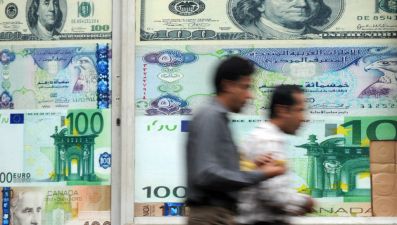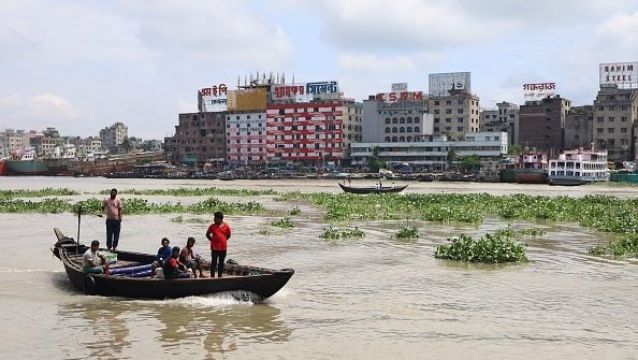Bangladesh has asked to start talks on a loan from the International Monetary Fund (IMF) but will take it only if conditions are favourable, the finance minister said on Wednesday, adding its macroeconomic conditions were fine.
The country's $416 billion economy has been one of the fastest-growing in the world for years, but rising energy and food prices because of the Russia-Ukraine war have inflated its import bill and the current account deficit.
"A letter was sent to the IMF seeking assistance, but we have not mentioned how much we want," Minister AHM Mustafa Kamal told reporters.
"We are waiting to see their conditions. If the IMF conditions are in favour of the country and compatible with our development policy, we'll go for it, otherwise not. Seeking a loan from the IMF does not mean Bangladesh's economy is in bad shape."
A senior IMF official had told Reuters on Tuesday that Bangladesh had asked it to start talks on a new loan under the global creditor's Resilience and Sustainability Trust. Such funds are capped at 150 per cent of a country's quota or, in Bangladesh's case, a maximum of $1 billion (€1 billion).
Bangladesh's Daily Star newspaper reported on Tuesday that the country wanted $4.5 billion from the IMF.
Bangladesh's economic mainstay is its export-oriented garments industry, which could suffer if sales fall in its main markets in Europe and the United States because of a slowdown in the global economy.

After garments, remittances are the second-highest source of foreign currency for Bangladesh.
The South Asian country's foreign exchange reserves fell to $39.67 billion as of July 20th – sufficient for just over five months worth of imports – from $45.5 billion a year earlier.
Its July to May current account deficit was $17.2 billion, compared with a deficit of $2.78 billion in the year-earlier period, as its trade deficit widened and remittances fell.
Sri Lanka and Pakistan are the other two South Asian countries to have sought IMF support this year.







